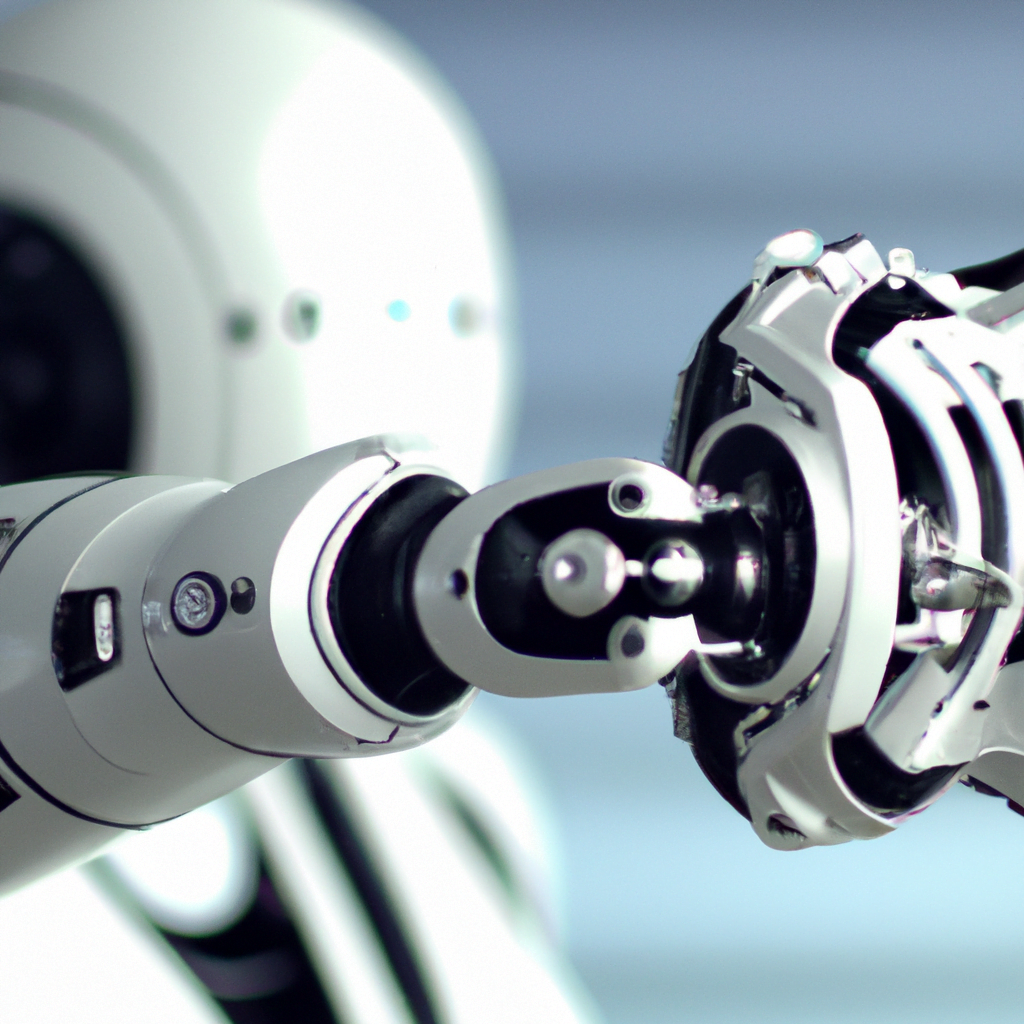AI in education: Revolutionizing the way we learn
Artificial intelligence is changing the way we live our lives, from self-driving cars to virtual assistants like Siri and Alexa. But did you know that AI is also transforming the way we learn? In education, AI has the potential to make learning more engaging, personalized, and effective than ever before.
What is Artificial Intelligence?
Before we dive into how AI is changing education, let’s first define what it is. Artificial intelligence refers to the simulation of human intelligence in machines that are programmed to think and learn like humans. This means that machines can be taught to perform tasks that typically require human intelligence, such as recognizing speech, making decisions, and solving problems.
Personalized Learning
One of the biggest advantages of AI in education is personalized learning. With AI, teachers can analyze data on each student’s strengths, weaknesses, and learning styles to create customized lesson plans. This means that students can learn at their own pace, with material tailored specifically to their individual needs.
Engaging Content
AI can also help to make learning more engaging. Virtual reality (VR) and augmented reality (AR) technologies can create immersive learning experiences that bring educational content to life. For example, students can explore ancient ruins in VR, or manipulate molecules in AR to better understand chemistry concepts.

Intelligent Tutoring Systems
Intelligent tutoring systems are another example of AI in education. These systems use machine learning algorithms to provide personalized feedback and guidance to students as they complete assignments. This helps to reinforce learning and improve academic performance.
Challenges of AI in Education
While there are many benefits to using AI in education, there are also some challenges to consider. One major concern is the potential for AI to replace human teachers. While AI can provide personalized learning and feedback, it cannot replace the role of human teachers in providing emotional support, motivation, and guidance.
Another challenge is the potential for AI to perpetuate bias and inequality. AI algorithms are only as unbiased as the data they are trained on, so it is important to ensure that the data used to develop AI in education is diverse and representative.
The Future of AI in Education
As AI technology continues to advance, the potential for AI in education is enormous. With personalized learning, engaging content, and intelligent tutoring systems, AI can transform education into a more effective, engaging, and personalized experience for students. However, it is important to use AI responsibly and ensure that it is used to complement, rather than replace, human teachers.
In conclusion, AI is revolutionizing education by making learning more engaging and personalized than ever before. While there are challenges to consider, the potential for AI in education is enormous, and we can look forward to a future where every student can learn in a way that is tailored specifically to their needs.




